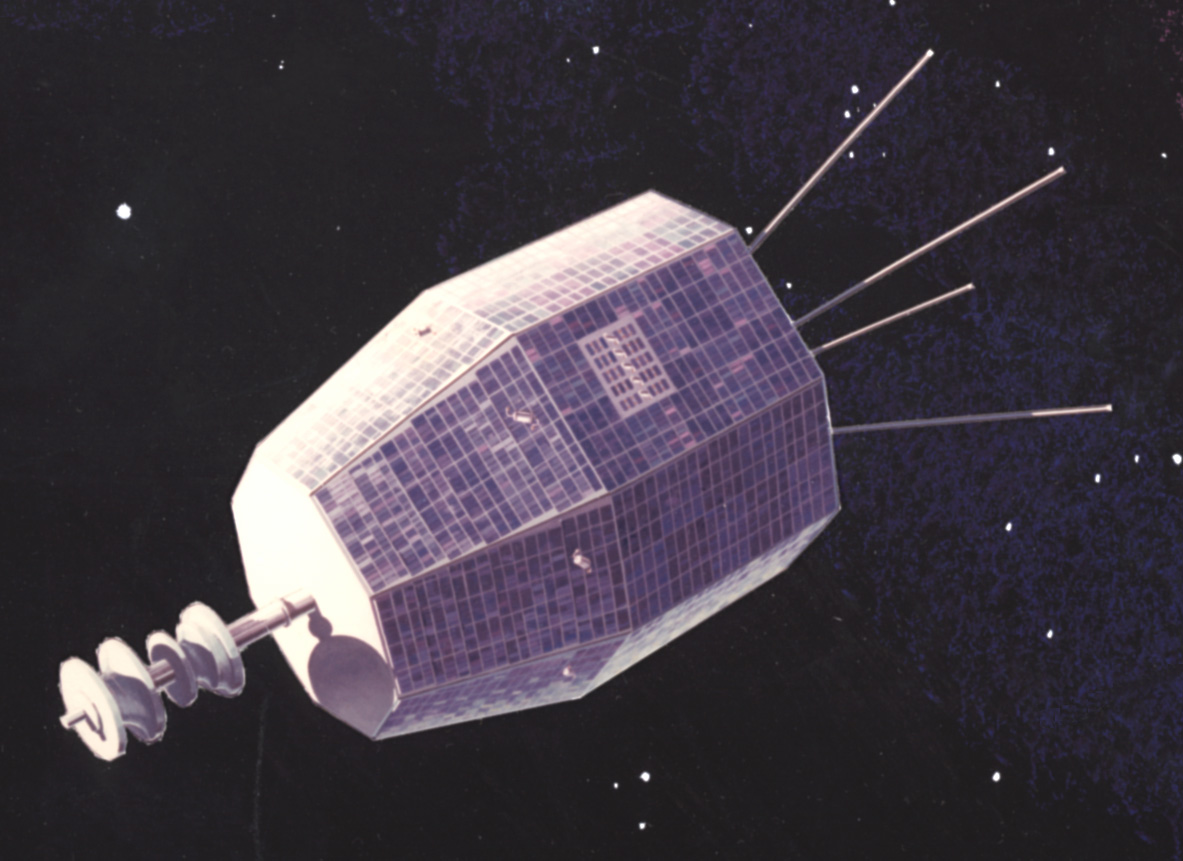
I'm currently reading a fascinating book, Pride and Power by Vernon Van Dyke, published in 1964. It looks at the development of the US space program and the political motives that drove the rapid development of the program.
Referring to the launching of communications satellites, Van Dyke says,
In addition to the contribution that scientific and exploratory cooperation may make to peace, there is another possibility: that satellites will contribute by facilitating "people-to-people" communication... If people-to-people communication is limited to programs whose content is pleasing to each government, or if it occurs only among countries that have already established a friendly, common understanding, the contribution to peace will be necessarily slight.
I'm a big believer in the 'history repeats' cycle of life and think that we can take a lot from the debates and thinking that occurred during this last mass breakout of human connectedness. The TV did facilitate people-to-people communication and it has contributed to peace.
But now we face another issue. TV is slowly concentrating in the hands of a few non-governmental corporations, the agendas being set and the content being delivered is slowly homogenising. TV as a means of people-to-people communication is slowly disappearing.
Can the web, in its current form, facilitate the next mass breakout of human connectedness? I think that it can. The opportunities provided to individuals by the technological developments umbrella-ed in 'web 2.0' can ensure that the human connectedness we experience in the next 50 years is better than that of the past 50 years.
Here are my reasons why:
1. Satellite broadcasting was restricted to a limited amount corporations whereas the web is open to everyone
2. Being connected relies on pulling together and having ready access to the combined knowledge of human experience - the web allows others to be connected to the written, oral and visual experiences of others
3. No agendas are set. The web has taken on a life of its own and now has no reason for being other than to just exist.
Just like the satellite debates of the 50s and 60s - whether they should be for peaceful or military use - the web will be faced with debates about what use it should have, how it should be accessed, what is allowed on it, and many other questions.
On an individual level and governmental level we need to ensure that the primary goal of the Internet is to facilitate people-to-people communication without hindrance or agenda.
Image courtesy of NSSDC

No comments:
Post a Comment